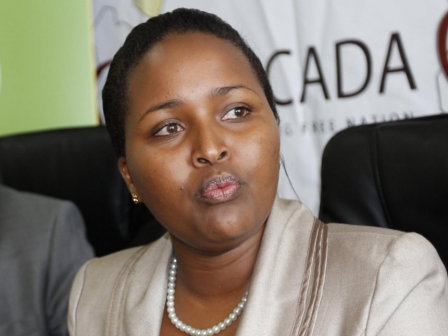
We all know the truism that sometimes there simply aren’t two sides to every story; unfortunately parts of the international community have not yet received the memo.
Donald Yamamoto, the Principal Deputy Assistant Secretary at the US government’s Bureau of African Affairs, is currently in Kenya to try and find a resolution to the stand-off between a president who was democratically and constitutionally elected and a losing presidential candidate who has a perennial history of not accepting election results and frequently using violence to achieve his aims.